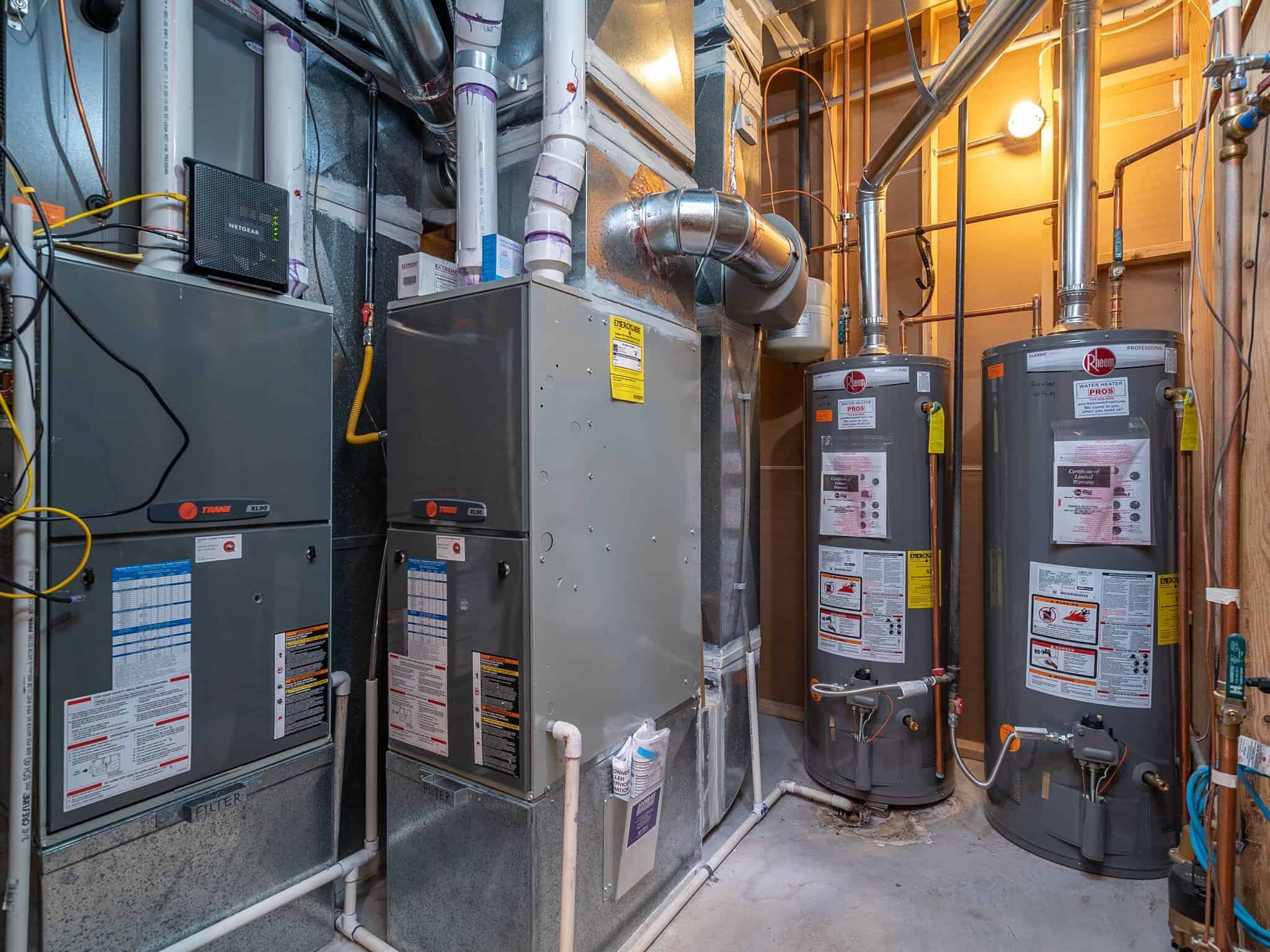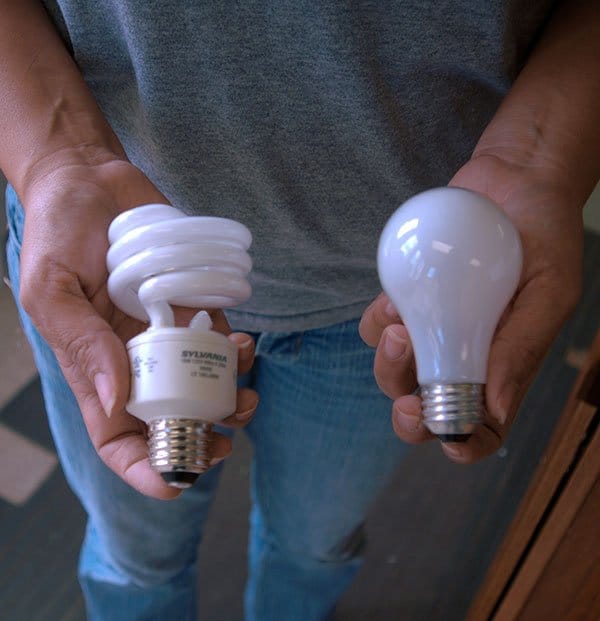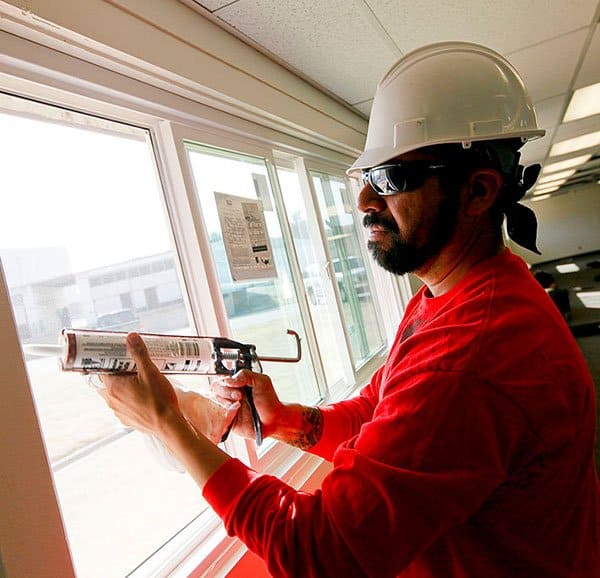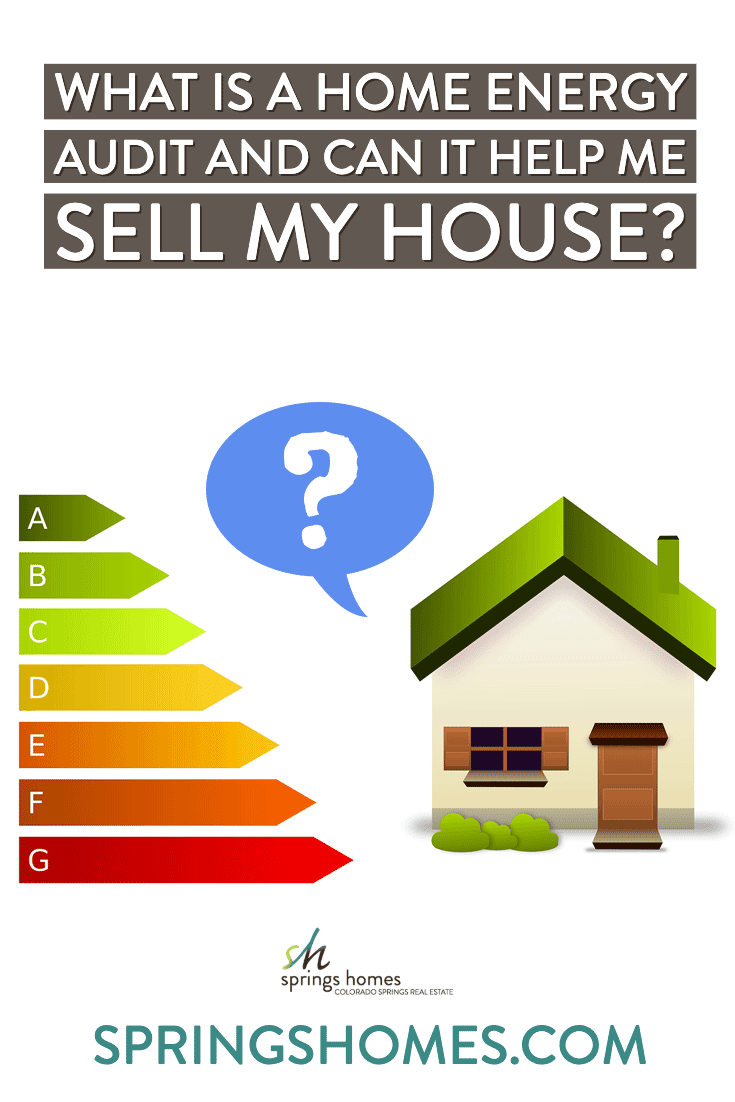 Energy efficiency is a feature many of today’s homebuyers look for when shopping for a home. As a homeowner, there are a number of actions you can take to make your home more energy-efficient. If you are a home seller trying to figure out how to make energy efficiency part of your property value, the best place to start is with a home energy audit this type of audit gives you a clearer idea of the priorities you need to address.
Energy efficiency is a feature many of today’s homebuyers look for when shopping for a home. As a homeowner, there are a number of actions you can take to make your home more energy-efficient. If you are a home seller trying to figure out how to make energy efficiency part of your property value, the best place to start is with a home energy audit this type of audit gives you a clearer idea of the priorities you need to address.
What is a Home Energy Audit?
The first thing you should understand before hiring a specialist to audit your home is what a home energy audit actually is. A home energy audit is a process by which a licensed/certified auditor assesses your home and evaluates the current energy consumption. From there, the auditor will look at different steps you can take, as the homeowner, to make your home more energy-efficient.
The energy auditor will
- Take a look at your property from the outside
- Examine windows, walls, siding for any structural defects which might be causing leaks
- Check the attic and insulation of your home
- Inspect the furnace and water heaters
- Perform a blower test (detailed below)
- A complete check of your lighting
When Should it be Conducted?
The best time for a home energy audit is prior to making any major changes to your home. If you plan on installing LED lighting, changing
the insulation, or installing other “energy efficiency” products, you’ll want to contact an auditor to perform an energy audit first. Why do the audit first? For starters, if there are leaks in the siding, or gaps allowing airflow to penetrate your home from the outside in, the auditor can find these problems. By knowing what areas you have to repair/update, you can improve the home’s energy efficiency from outside in.
Benefits of a Home Energy Audit
Several money-saving benefits and marketing benefits exist, for homeowners who choose to conduct an energy audit on their home, which include
- Savings of 5 to 30% of energy consumption/utility bills
- It’s a great marketing tactic when selling your home (many buyers want to see paperwork that the audit was completed)
- It will help increase the home’s comfort levels
- It’s beneficial for the environment for the Eco-friendly homeowner
- An energy audit can uncover other potential problems with the home, and you can be proactive in repairing them
For homeowners who plan on selling their homes, an energy audit is a great sales tool. Not only does it inform buyers that the home is efficient, but it’s also a guarantee that the entire property was checked and sealed prior to sale.
The Process: Completing a Home Energy Audit
When you choose to have a home energy audit performed on your home, you’ll want to hire the right auditor, to ensure the process is done accordingly. We’ll look at some of the ways you should go about having the audit conducted, to ensure it’s done properly, and to ensure you choose the most qualified auditor for the assessment.
Hire the Right Professional
A professional energy audit goes into great detail and checks all areas of your home, to optimize energy efficiency throughout. Auditors will perform
- Room by room inspections
- Conduct PFT air infiltration system checks
- Examine past utility bills
- Perform a blower test… and more!
For this reason, you want to hire an auditor who takes all the necessary precautions and does the complete energy audit without taking shortcuts. When choosing an auditor, you want to utilize several resources to help you pick the right one. Some ways to help you narrow down the list includes
- Online directories (Residential Energy Services Network) ranks certified auditors in your area
- Weatherization offices monitored by state/local government
- Electric, gas, or utility companies provide listings of certified auditors
- Phone books/Google searches (white pages)
Before you choose an auditor, you’ll want to compare several certified specialists in your area and check
- Online reviews (Yelp, Google Business, etc)
- BBB for their ratings/complaints
- Inquire locally, ask for referrals
- Talk to the auditor (do they use calibrated blowers, and do they conduct thermographic inspections?)
There are several resources to help you find the right auditor, make sure you use them to pick the top specialist in your area!
Room-by-Room Audit
The auditor should perform a room by room inspection of your home. Doing this allows them to check:
- To make sure all windows and doors are sealed (no gaps)
- Air vents (cleanliness/operability)
- Voids in caulking (which can allow air to penetrate)
- Walls, flooring, siding, paneling
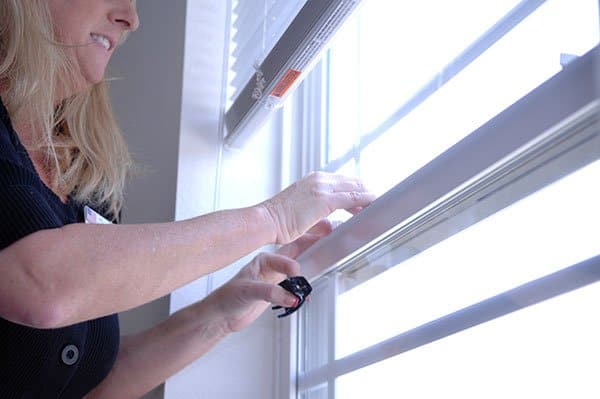
Additionally, your auditor should go over previous electric bills with you and review monthly expenditures. They can determine possible causes of inefficiency in some areas of the home. If there’s a draft in a certain room and you need a space heater there, this will increase your energy use. By checking previous energy bills, and working through each room of your home, your auditor will provide you the best methods to reduce energy consumption.
Have a Blower Door Test Completed
A blower door test checks a home’s airtightness. A blower door is a fan mounted into the frame of an exterior door. It will draw air out of the house and reduce pressure; resulting in higher outdoor air pressure blowing back into the home, where unsealed cracks are normally hidden.
Auditors can conduct a calibrated or uncalibrated test. The best auditors will use a calibrated door, as it has multiple gauges measuring the amount of air pulled out of the home. Uncalibrated doors can’t assess the airtightness, they only detect leaks. A calibrated door can do both.
When the auditor arrives at your home, make sure you do a complete walkthrough of your home with them, and point out areas where you know there are drafts of leaks. This will allow them to focus on these areas in checking the airtightness of the home. Some additional steps you can take to prepare for the blower door test includes
- Removing ashes from the fireplace and putting out fires if you heat your home with wood
- Clear areas of obstructions, as the auditor needs to go into closets, crawl spaces, and unused rooms
- Close all doors, wood stoves, fireplace dampers, or air inlets in your home
The test should take at least one hour to complete. So, make sure you understand the process and ask the important questions. Make sure you request that the auditor use a calibrated door for testing. Otherwise, they’re not going to get a full picture of the true amount of air being pulled out of the home.
Complete Thermographic Inspections
A thermographic inspection uses infrared cameras to measure the home’s surface temperatures. These devices detect defects and air leakage in the home. The images will inform the auditor of temperature variations throughout the home. These images will also give the auditor important information relating to insulation, and let them know if it was properly installed in the home.
These scans are typically done with the blower door test running, as it can better detect air leaks in the home. Thermographic inspections can detect
- Heat loss
- Excessive heat created by friction
- Poor insulation in a building/home
- Detect roof leaks
In order to prepare for an internal scan (more common than external) homeowners should take several steps. You might want to move furniture away from walls and remove the drapes in the home. These scans also work best when there’s a great temperature discrepancy inside and outside (winter/summer months). So, if you can have the inspection conducted at the right time, the greatest temperature discrepancies will be noted with the thermographic scan.
PFT Air Infiltration Measurements
PFT or PerFluorocarbon tracer gas measures changes over time in air-filtration rates. This test, and the blower door test, inform auditors of air leakage and energy loss in the home.
The PFT test is a great addition to the blower door test, as it accounts for
- Atmospheric pressure
- Wind velocity
- Weather
- Activities by occupants in the home
The air blower door test doesn’t account for these conditions. Although it doesn’t detect points of infiltration, the test does inform homeowners of long-term infiltration problems in the home which require their attention. Infiltration rates of gases, such as radon, can also be detected with the PFT test.
When used in conjunction with thermographic and blower door testing, the PFT test gives auditors a complete picture of the home’s energy efficiency rating, infiltration, and air loss.
Selling Your Home… A Home Energy Audit Can Help it Sell Faster (and for More Money)
How important are home energy audits… important! Today, many buyers will ask if a seller has had one conducted on the home. It may be part of the buy/sell agreement which a buyer requests before they agree to buy a home. In some areas of the country, where extreme cold/warm temperatures are present, it’s very important.
A home energy audit informs buyers of
- The thermal insulation in the home (attic, basement, doors, frames, windows, etc.)
- It gives buyers an indication of the HVAC system, it’s efficiency, and how recently it’s been upgraded
- Provides details about air leakage around windows, which can cause condensation, drafts, and other problems in the home
It also gives buyers an idea of their energy/utility bill costs. Window energy efficiency is also noted in the audit. At the end of the score, the auditor will give the home a score of 1 to 10, with 10 being the most efficient, and 1 being the worst rating. A high Energy Efficiency rating goes a long way in convincing a buyer home has been well cared for.
The energy audit gives buyers a complete picture of the home’s efficiency or lack thereof. So, it is important, especially in regions where electric/utility bills tend to be higher than in other areas of the country.
What Steps Should Sellers Take?
If you’re getting ready to sell your home, consider having a home energy
audit completed today! It’s a great selling point, especially after you make the necessary upgrades to maximize the home’s insulation, efficiency, and air quality, before listing your home for sale. Even if you don’t make all necessary updates, you can provide the report to potential buyers, to help negotiate the closing when you’re ready to sell your home.

